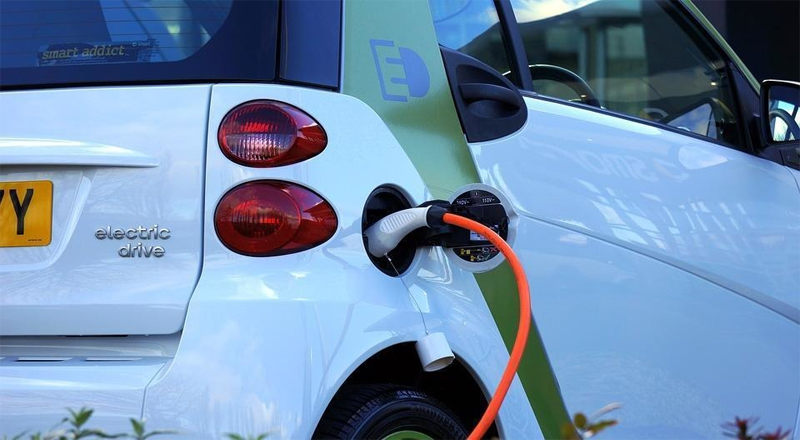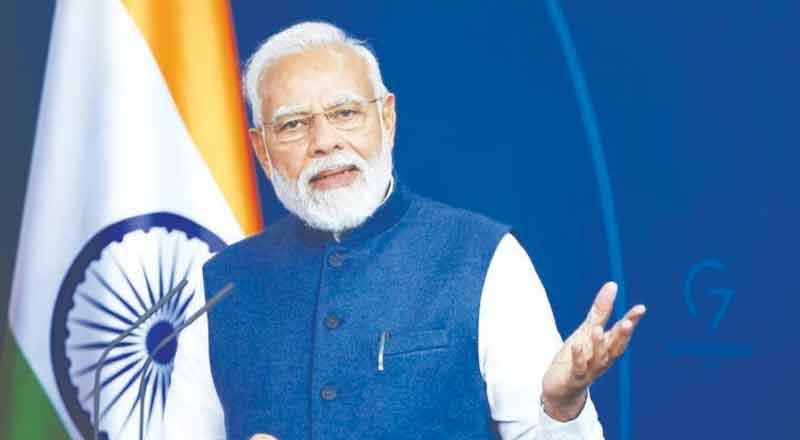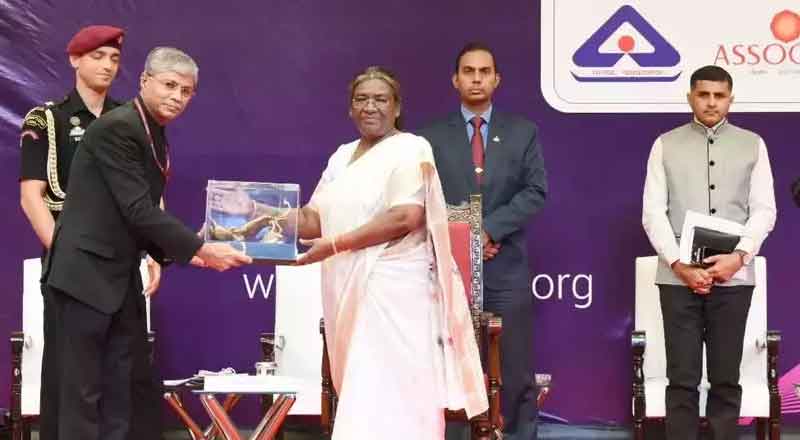The emerging technologies in sectors such as Electric Vehicle (EV), ESDM and Renewables will define the future when the world will shift to renewable energy sources and reduce dependency on conventional energy sources such a fossil fuels. The most talked about topic across the globe was also deliberated extensively at Magnetic Maharashtra: Convergence 2018, Global Investors Summit in Mumbai.
Dr Pavan Goenka, MD & CEO, Mahindra & Mahindra while speaking at the seminar expressed that EV is most talked about in India. “There are varied views and opinions about EVs. We at M&M consider it to be the biggest opportunity and invested in EVs seven year ago. The EV sector has potential to put India on global map and it will benefit emerging economy like India,” Goenka said. Compared to countries like Norway which has 32% EVs and China which has 2%, India has only 0.4% EVs, which means there are tremendous opportunities in this sector, Goenka added. “Though at present there are concerns about EVs such as pricing and battery charging infrastructure, these will be addressed in years to come. M&M will invest ₹500Cr in this sector,” Goenka said.
Goenka said that a lot is being talked about future of EV s in India. “The claim to have all EV till 2030 is not possible. Whereas, the realistic target is to achieve 25% EVs by then. Despite huge investments, China could only manage to get only 2% EVs on the roads.
Ashish Khanna, CEO, Solar, Tata Power presented the current picture of solar power generation in India. “At present, total solar power generation in the country is around 15 to 20 Gw, as against the potential of around 748 Gw. Solar can be one of the most reliable and sustainable source of renewable energy in India to compete with fossil fuels,” Khanna said. The solar energy sector is undergoing paradigm shift with advancement in technology, changing tariffs and becoming grid friendly. According to Khanna, India will only have energy supply deficit in years to come and must look at building solar energy generation infrastructure. Compared to China, which is adding 40 to 50 Gw annually, India is nowhere. “Given the industrial growth in the state, Maharashtra needs to enhance solar power generation for sustained development,” Khanna said.
Prof Siddharth Panda, coordinator, IIT Kanpur opined that academia can help the industry and the nation when it comes to research and development. “Increase in income, changing demography and advancement in technology has increased the demand manifold. It is high time that we concentrated on development of skilled manpower and manufacturing,” Prof Panda said.
The Summit, Magnetic Maharashtra: Convergence 2018 is conceptualized and organized by The Maharashtra Industrial Development Corporation (MIDC). Confederation of Indian Industry (CII) is the national partner and KPMG is the knowledge partner to the summit.





